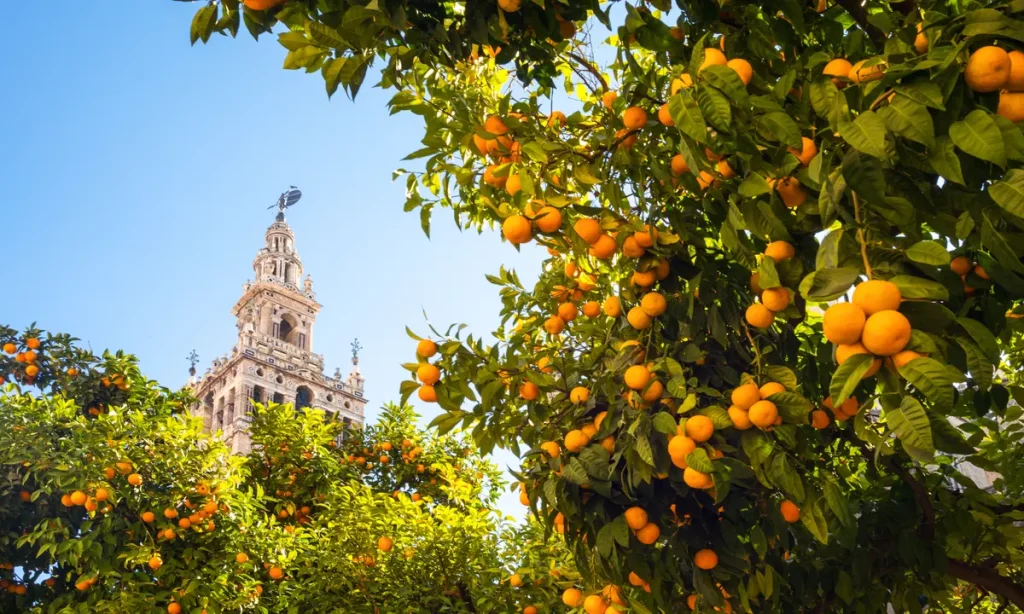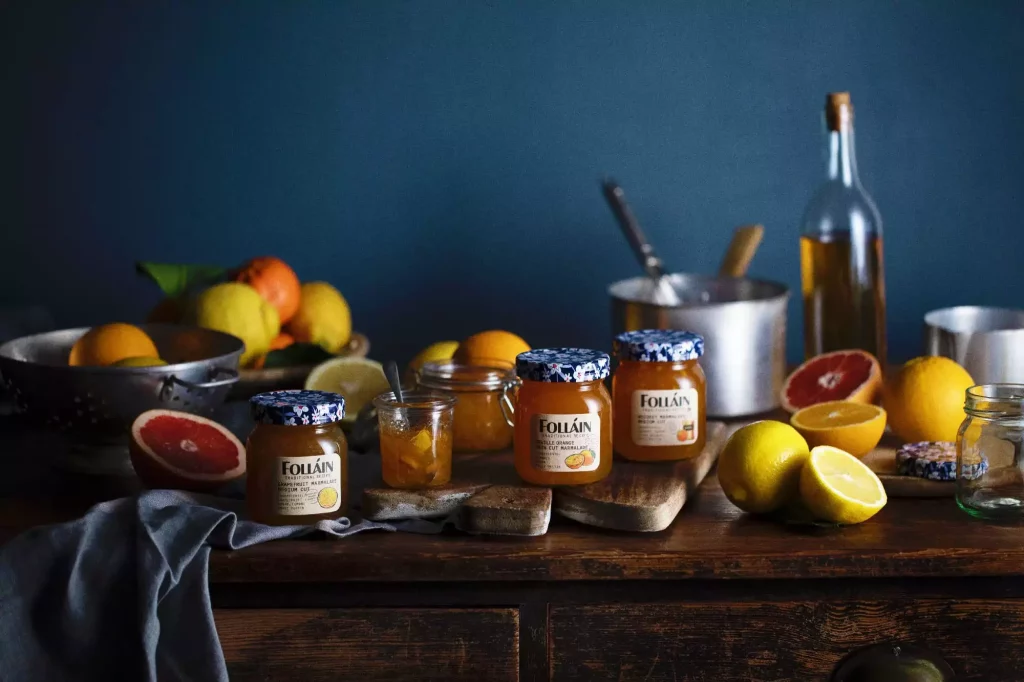Many people think that Seville oranges are the greatest oranges in the world. These citrus fruits are distinctive in that they are cultivated only in Spain and have a bitter flavour and a thick peel. Why are Seville oranges so highly regarded? We'll discuss their distinctive flavour, health advantages, and culinary diversity.

Table of Contents
- Introduction
- History of Seville Oranges
- Unique Flavor Profile
- Nutritional Benefits
- Versatility in Cooking
- Seville Oranges in Culture
- How to Incorporate Seville Oranges into Your Diet
- Where to Find Seville Oranges
- Conclusion
- FAQs
History of Seville Oranges
Everyone agrees that Southeast Asia, where the Seville orange has been farmed for ages, is where it first appeared. Then, in the tenth century, the Muslims introduced them to Spain, where they spread fast and became typical. The primary use of oranges, however, remained in medicine until the 17th century, when it was found that they made good marmalade. Since then, oranges' appeal has grown significantly, and many people today consider them among the best fruits in the world.

Unique Flavor Profile
Seville oranges are distinguished from other citrus fruits by their bitter flavour. They are sweet and sour, but the bitterness truly sets them apart. The high concentrations of limonin and naringin in the fruit are responsible for its bitter taste. The thick skin of an orange, ideal for creating marmalade, is partly due to these chemicals.
Nutritional Benefits
In addition to being delicious and versatile in the kitchen, oranges also have many positive health effects. They include abundant vitamin C, essential for healthy skin and a robust immune system. Folate, potassium, and thiamine are other vitamins and minerals found in oranges.

Versatility in Cooking
Seville oranges may be most known for their use in marmalade, but they have many other services in the kitchen. They provide an interesting new flavour to both sweet and savoury meals. For their tangy flavour and sweet aroma, Oranges are often used in marinades and sauces for meats and in sweets like cakes, tarts, and puddings. In addition to baking, Oranges are also used in cocktails for their bitter flavour.

Seville Oranges in Culture
The Seville orange has been a cultural staple in Spain for ages. You may find references to them in works of art and literature from all throughout the nation, and they are frequently utilized in festivities and celebrations. Oranges are well-known for their symbolic meaning and cultural value. Some cultures associate them with happiness or success, while others associate them with love and procreation.
How to Incorporate Oranges into Your Diet
Seville oranges may be used in a variety of ways in the kitchen. Several dishes, from savoury sauces and marinades to sweet treats and alcoholic cocktails, include oranges. As an added bonus, oranges may be found in many tasty baked goods and alcoholic beverages, such as marmalade, cake, and even a gin and oranges cocktail. However, use oranges carefully while cooking since their bitterness may become overpowering in huge quantities.
Where to Find Seville Oranges
Seville oranges are cultivated mainly in Spain, but you may get them in grocery shops and online markets worldwide that specialize in exotic produce. December through March is often the most fantastic time to find oranges. However, this varies by location. Oranges should be plump and have a rough texture on the skin to get the best quality fruit.
Conclusion
In sum, Seville oranges are among the finest edibles on the planet. They're used in a wide variety of dishes and have a distinct flavour loved by cooks. Seville oranges can be used instead of regular oranges to enhance the flavour of marmalade, sauces, and desserts.
FAQs
While regular oranges tend to be sweeter and have thinner skin, Seville oranges are recognized for their bitter flavour and thick skin.
Although raw Seville oranges are edible, their bitterness may be too much for certain people. That's why you should use them in the kitchen or make marmalade.
Oranges are high in vitamin C and other beneficial nutrients. They have the potential to enhance immunity, facilitate digestion, and reduce cholesterol.
Simmering oranges in sugar and water until the mixture thickens yields a delicious marmalade. The marmalade that develops can be preserved in jars and utilized later.
Grapefruits and lemons have a bitter flavour characteristic with Seville oranges, albeit their overall flavour profiles differ.
